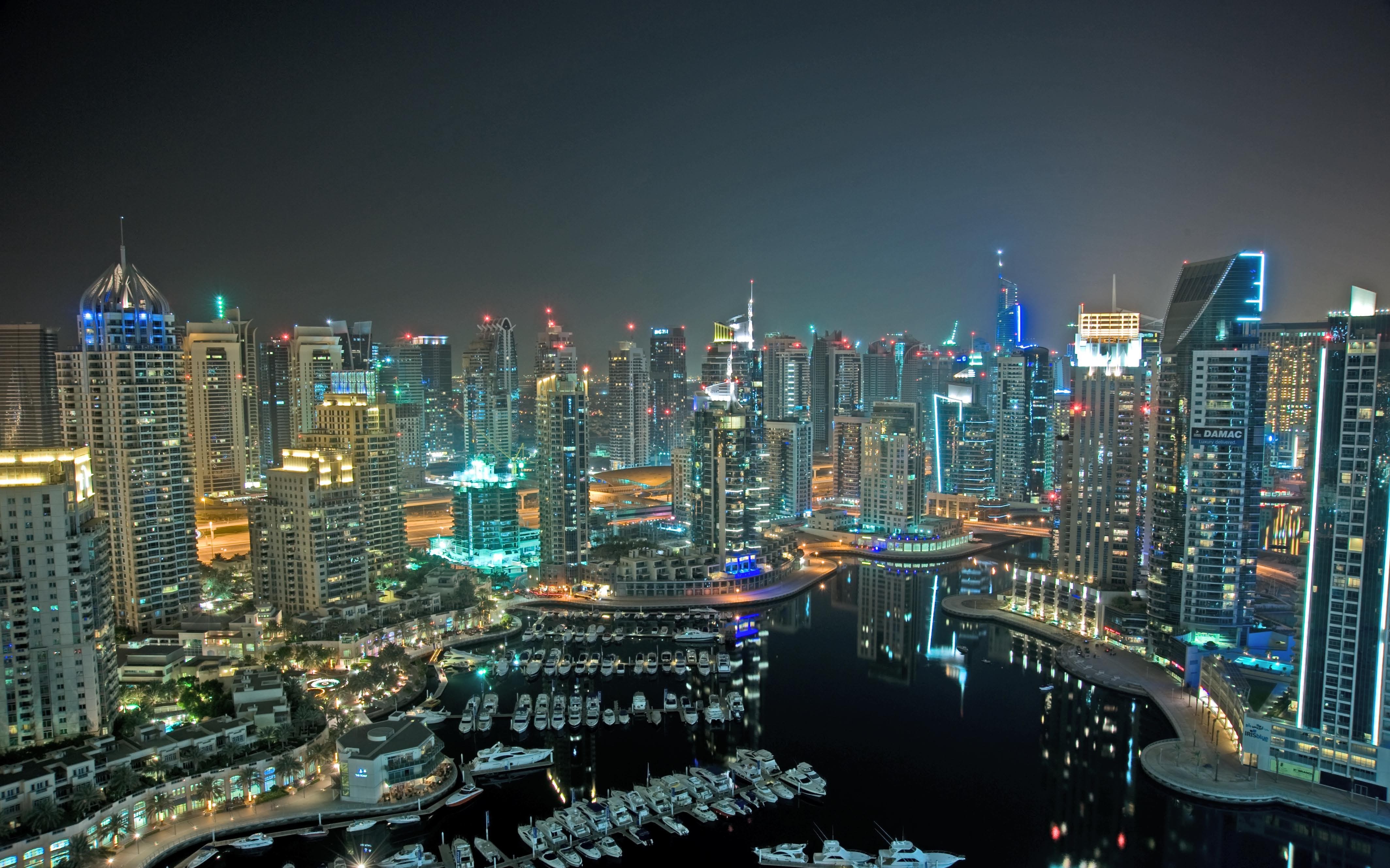INTERVIEW
Mentoring foreign students: next year of the Stipendium Hungaricum Mentor Network

Interview with Jobbik MEP Márton Gyöngyösi

Orbán in Brussels: Weber, Timmermans ‘have failed’

Orbán vows to strive for EPP success – interview / Bild

“UAE is an oasis of peace and political stability” – Interview with UAE’s Ambassador to Hungary

Startup Safari Budapest: Interview with chief organiser Péter Kovács

“Intelligence and innovation are decisive” – Interview with the Ministerial Commissioner for Space Research

Garden Wonder introduces magnificent concerts in Budapest – Video & Photos

Interview: How a Hungarian humanitarian group explores Africa with a Trabant

PM Orbán: “Hungary belongs to Europe. We are Europe”

University of Pécs – Visibility, attention, integration

“See New Zealand and die” – Interview with the Hungarian Honorary Consul

Get to know the University of Dunaújváros, where you can always find a place for comfortable study

“Time justifies us” – Interview with Sándor Balogh

Indian education programme captivates Hungarian children – Interview

Interview with H.E. Dr. Ms. Eniola Olaitan Ajay, Ambassador of Nigeria

Interview with director of the Institute for Foreign Affairs and Trade Márton Ugrósdy

Orbán: Hungary determined to be winner in 21st century





 ZH
ZH IT
IT DE
DE HR
HR NL
NL FR
FR JA
JA RO
RO RU
RU ES
ES TR
TR
